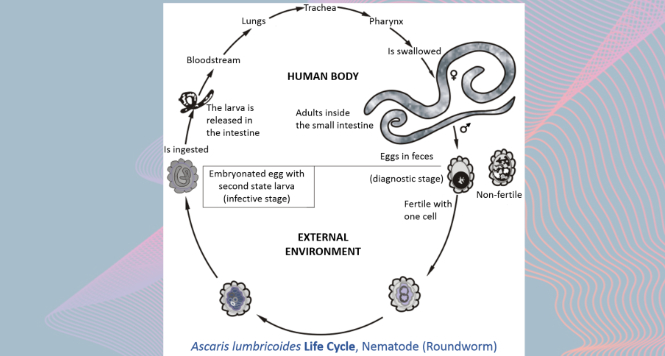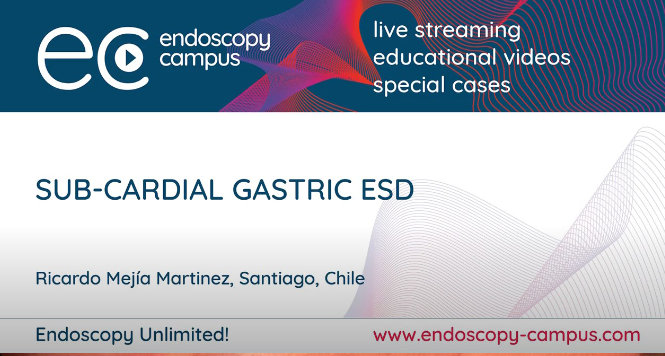Does Ranitidine Use Increase Cancer Risk?
Vanessa M. Shami, MD, FASGE, reviewing Kantor ED, et al. Gastroenterology 2020 Dec 29.
Ranitidine is a widely used H2-receptor antagonist used to treat reflux and peptic ulcer disease. Recently, the U.S. Food and Drug Association (FDA) discontinued sales of ranitidine in the U.S. because the drug degrades and forms high levels of a potential carcinogen, N-Nitrosodimethylamine (NDMA). This prospective cohort study reviewed 2006 to 2010 data from the UK Biobank for individuals living in the UK to examine the association between ranitidine use and cancer risk.
The study included 459,204 individuals, ranging from ages 38 to 73 years, without a prior history of invasive cancer (the exception was nonmelanoma skin cancer). A questionnaire identified patients taking ranitidine or omeprazole regularly, which was defined as “most days of the week for the last 4 weeks.” For the active comparator analyses, persons were excluded if they reported use of neither (n=424,221) or both (n=820) medications. Participants were followed until their date of cancer diagnosis, death, loss-to-follow-up, or the end of the study (October 2015).
Regular use of ranitidine (yes/no) was not associated with greater overall cancer risk (lung, breast, prostate, and colorectal) (hazard ratio [HR], 1.01; 95% confidence interval [CI], 0.93-1.09), compared with omeprazole (HR, 0.94; 95% CI, 0.85-1.04). However, on exploratory analysis, ranitidine use (yes/no) was associated with a 91% increased risk of liver cancer (HR, 1.91; 95% CI, 1.09-3.36), whereas there was no association found in the active comparator analysis (HR, 1.15; 95% CI, 0.58-2.26). Regular ranitidine use (yes/no) was associated with a nonsignificant decreased risk of kidney cancer. This association strengthened in the active comparator analysis (HR, 0.39; 95% CI, 0.19-0.82). In a sensitivity analysis, the association between ranitidine and overall cancer risk was null in the first 5 years of follow-up and inverse thereafter.

COMMENTAlthough ranitidine degradation results in high levels of NDMA, this study indicates its use is not associated with a higher incidence of cancer. Further studies will need to delineate the impact of drug metabolism on NDMA and the association with liver cancer outlined here. Even longer follow-up would be invaluable, and one hopes that the outcome remains similar to that from this study.
Note to readers: At the time we reviewed this paper, its publisher noted that it was not in final form and that subsequent changes might be made.
CITATION(S)
Kantor ED, O’Connell K, Du M, Mendelsohn RB, Liang PS, Braunstein LZ. Ranitidine use and cancer risk: results from UK Biobank. Gastroenterology 2020 Dec 29. (Epub ahead of print) (https://doi.org/10.1053/j.gastro.2020.12.037)


